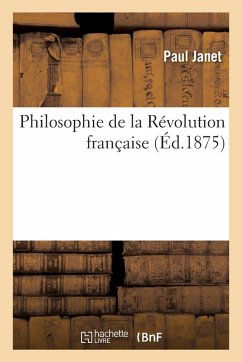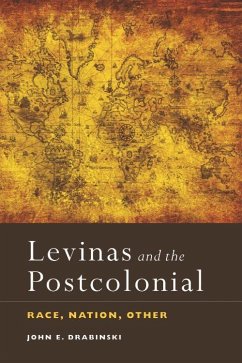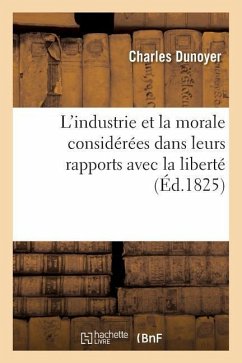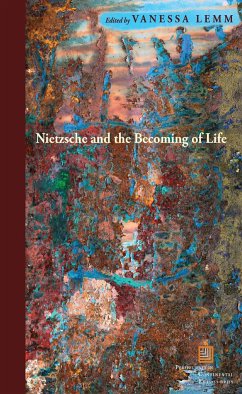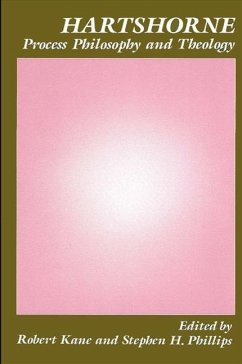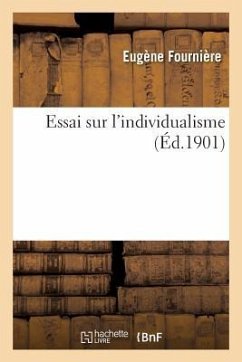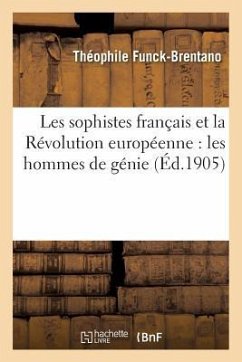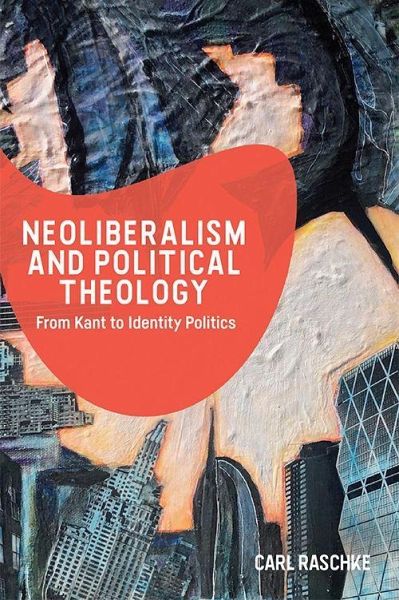
Neoliberalism and Political Theology
From Kant to Identity Politics
Versandkostenfrei!
Versandfertig in über 4 Wochen
30,99 €
inkl. MwSt.
Weitere Ausgaben:

PAYBACK Punkte
15 °P sammeln!
Explains neoliberalism as a deep political theology Neoliberalism in recent years has become the operative buzzword among pundits and academics to characterise an increasingly dysfunctional global political economy. It is often - wrongly - identified exclusively with free market fundamentalism and illiberal types of cultural conservatism. Combining penetrating argument and broad-ranging scholarship, Carl Raschke shows what the term really means, how it evolved and why it has been so misunderstood. He lays out how the present new world disorder, signalled by the American election of 2016 and th...
Explains neoliberalism as a deep political theology Neoliberalism in recent years has become the operative buzzword among pundits and academics to characterise an increasingly dysfunctional global political economy. It is often - wrongly - identified exclusively with free market fundamentalism and illiberal types of cultural conservatism. Combining penetrating argument and broad-ranging scholarship, Carl Raschke shows what the term really means, how it evolved and why it has been so misunderstood. He lays out how the present new world disorder, signalled by the American election of 2016 and the Brexit vote, does not derive so much from the ascendancy of reactionary forces as from the implosion of the post-Cold War effort to establish a progressive international moral and political order for the cynical benefit of a new cosmopolitan knowledge class, mimicking the so-called civilising mission of nineteenth-century European colonialists. Carl Raschke is Professor of Religious Studies at the University of Denver and Consulting Editor for The New Polis.





